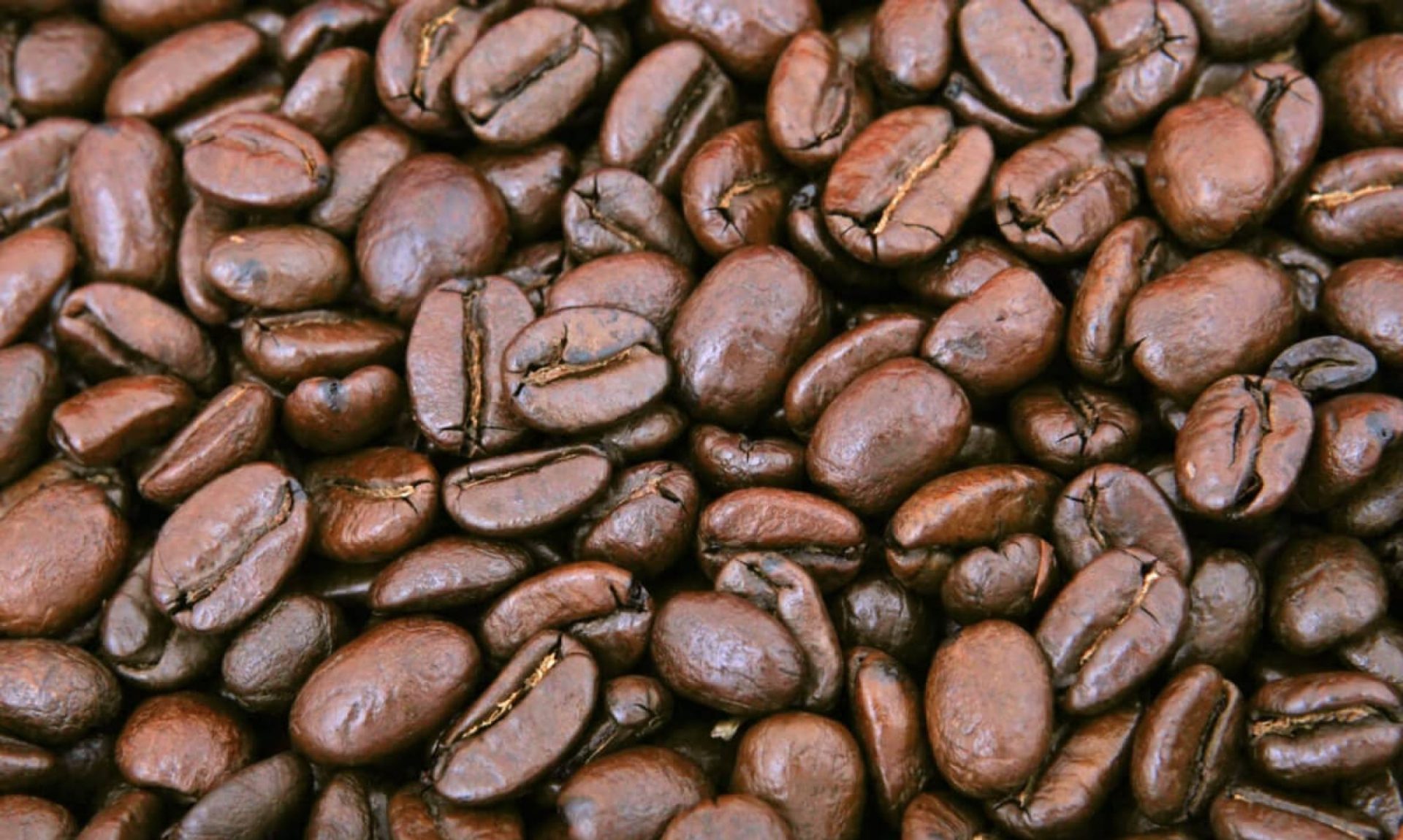Industrial coffee plants are large-scale facilities that process coffee beans into the final product that we see in our coffee cups every day. These plants can be found all over the world, from Latin America to Africa to Southeast Asia.
The process of turning coffee beans into a finished product is a complex one that requires careful attention to detail at every step. Industrial coffee plants typically begin by receiving large shipments of green coffee beans from various coffee-producing regions around the world.
Once the beans arrive at the plant, they are inspected and sorted to remove any defective or low-quality beans. The beans are then roasted, which is a critical step in determining the final flavor profile of the coffee. Roasting is typically done in large, computer-controlled machines that can roast thousands of pounds of coffee beans at a time.
After roasting, the coffee beans are cooled and then ground into a fine powder. This powder is then packaged and shipped to retailers, coffee shops, and other end-users around the world.
Industrial coffee plants are highly efficient operations that can process enormous amounts of coffee beans every day. However, they are not without their drawbacks. Some critics argue that these facilities contribute to the homogenization of coffee flavor, often producing large batches of coffee that taste very similar to one another.
In addition, some coffee lovers prefer to buy their beans from smaller, artisanal roasters that take a more hands-on approach to coffee production. These roasters may use traditional roasting methods, and they may focus on producing unique, high-quality coffee blends that are not available from larger industrial plants.
Despite these concerns, industrial coffee plants play a crucial role in the global coffee industry. They help to ensure a steady supply of coffee beans to consumers around the world, and they help to keep the price of coffee relatively affordable. So the next time you enjoy a cup of coffee, take a moment to appreciate the work that goes into producing it, from the fields where the beans are grown to the industrial plants where they are processed.
There are several well-known industrial coffee plants around the world, many of which are owned by some of the largest coffee companies in the industry. Here are a few examples:
- Nestlé: Nestlé is one of the world’s largest coffee companies and operates several industrial coffee plants around the world. Some of their best-known brands include Nescafé, Nespresso, and Starbucks (under license).
- JDE Peet’s: JDE Peet’s is a Dutch coffee company that operates a number of industrial coffee plants in various countries. Some of their most popular brands include Douwe Egberts, Jacobs, and Peet’s Coffee.
- Lavazza: Lavazza is an Italian coffee company that has been in business for over 120 years. They operate several industrial coffee plants in Italy and other countries, and their coffee is sold in over 140 countries worldwide.
- Tchibo: Tchibo is a German coffee company that operates several industrial coffee plants in Europe and Asia. They sell their coffee through their own retail stores, as well as through partnerships with other retailers.
- Illy: Illy is an Italian coffee company that operates an industrial coffee plant in Trieste, Italy. They are known for their high-quality coffee and their commitment to sustainability.
These are just a few examples of the many industrial coffee plants that operate around the world. Each of these companies produces a wide range of coffee products, from whole bean coffee to instant coffee, and they all play an important role in the global coffee industry.
